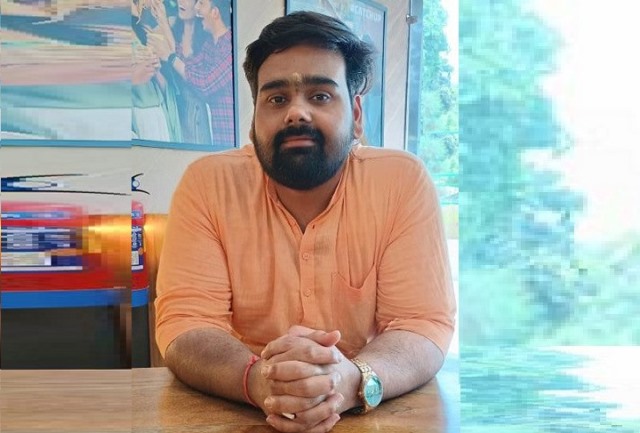Kunal Singh, a believer and Indic religions scholar, says the State wrongly sees Hindu temple boards merely as sources of financial gain. His views:
As someone deeply connected to the Indic traditions, it saddens me to see our sacred temples entangled in politics. Temples are more than just places of worship; they are the heart of our spiritual and cultural heritage, passed down through centuries of devotion and care. Yet, in recent times, we’ve witnessed a disturbing trend where state governments and politicians take over temple administration. This meddling not only threatens the sanctity of these spaces but also undermines the trust of devotees.
The recent controversy surrounding the Sri Venkateswara Temple at Tirumala—where the previous government was accused of using animal fat in prasadam—shocked the entire Hindu community. While the court is investigating the matter, it raised a broader and more urgent issue: the control of temples by politicians. The court rightly emphasized that God should be kept out of politics, but what is equally important is that politicians be kept out of temples.
What is deeply concerning is the fact that while institutions of other faiths—such as Mosques, Churches, and Gurdwaras—are free from state control, Hindu temples remain under government administration. This was never the case historically. Temples were once overseen by families or communities who had a deep understanding of the rituals, customs, and spiritual practices unique to each temple. They weren’t just managing the temple’s funds; they were custodians of sacred traditions.
When the state takes over, however, this delicate balance is lost. We’ve seen examples of mismanagement and even corruption. Take the case of the Shirdi Sai Temple in 2012, where a scandal involving ₹2 billion led to the dissolution of the temple trust. Instead of handing control back to spiritual custodians, the government appointed new members—most of them politicians. This raises an uncomfortable question: why is the state getting involved in managing Hindu temples when other religious institutions remain independent?
ALSO READ: A Bitter Laddu To Swallow
The answer is simple but troubling: temples generate vast amounts of money from donations, making them attractive to politicians. Temple boards are often seen as sources of financial gain, with little regard for the spiritual significance of the institution. And this, in turn, leads to the kind of sensational allegations and drama we see far too often—like the recent controversy in Tirumala—without addressing the real issue: why is the state managing our temples at all?
It’s not just about politics or money. There is a deeper, more spiritual issue at play. Temples aren’t just buildings—they represent centuries of traditions, rituals, and faith. While modern tools and technology can certainly help make temple management more efficient and transparent, there are aspects of temple life that can’t be governed by the same rules we apply to government offices or businesses. Temples operate on principles of dharma, not profit or politics. And this is why it’s so important for the state to step back and let people who understand this unique role take charge.
For the Hindu community, the solution is clear: we must take control of our temples. State intervention has only led to mismanagement and erosion of trust. Temples need to be managed by those who understand and respect their traditions, not by politicians whose interests may lie elsewhere. The court’s call to keep God out of politics is a welcome one, but we must go a step further. Politicians need to stay out of temple boards altogether.
Our temples are sacred spaces, deeply tied to our identity as Hindus. It’s time to restore their sanctity by returning control to the community. Only then can temples remain what they are meant to be—places of devotion, tradition, and spiritual refuge, free from the influence of politics and corruption. The future of our temples should be in the hands of those who truly care for them, not those who seek to exploit them for personal gain.
As told to Deepti Sharma
